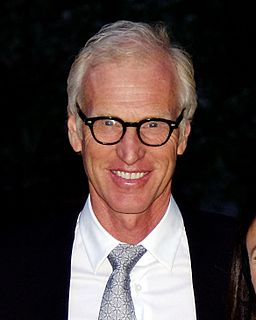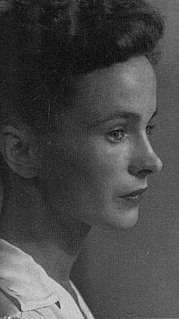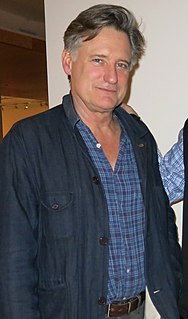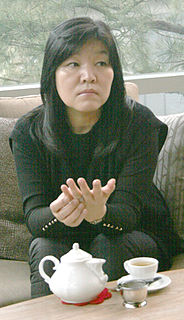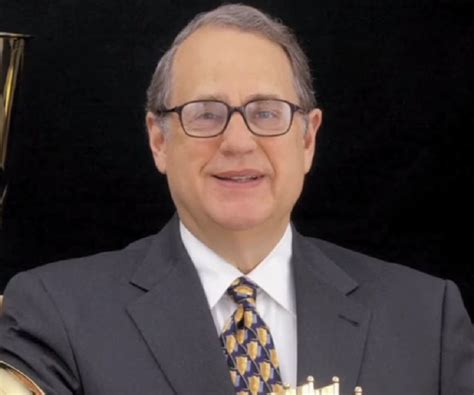A Quote by Nikolaj Coster-Waldau
Tina Fey's autobiography is very, very funny and very well written. It's her life story: it's about how she grows up in New York. There's no obvious reason why I should enjoy this - I mean, this is the autobiography of a woman in her early 40s in New York. I'm a guy from a small town in Denmark.
Related Quotes
I always think about Katharine Graham - she was the publisher of The Washington Post. In her autobiography she talks about the way her parents met. Her father was, I think, in New York just walking by on his way home and looked into a store and saw the lady that became his wife. It was just pure luck. And she said that it once again reminds her of the role that luck and chance play in our life. I really believe that, too.
I talked to my mother about it a lot. I asked her what it was like to grow up in New York and Harlem in the 1920s and 1930s, and I asked her about a woman leaving her husband. I asked her about how she would feel about that woman, and my mother grew up in the Church Of God In Christ, and she told me that the woman might be isolated because the other women thought she might go and come after their husbands. That's how they thought then.
New York does nothing for those of us who are inclined to love her except implant in our hearts a homesickness that baffles us until we go away from her, and then we realize why we are restless. At home or away, we are homesick for New York not because New York used to be better and not because she used to be worse but because the city holds us and we don't know why.
But it's also the beginning of another level of liberation for her]Eleanor Roosevelt], because when she returns to New York, she gets very involved in a new level of politics. She meets Esther Lape and Elizabeth Read, and becomes very involved in the women's movement, and then in the peace movement. And ironically, the years of her greatest despair become also the years of her great liberation.
I met Méret Oppenheim when I was a very young artist just coming to New York. She really liked my early films and showed them in her beautiful old cinema in Bern, Switzerland when I didn't have the money to go back. But, "fear-love," this really means "shy love." It's about holding something back. With Méret, there was nothing oppressive or demonstrative about her affection. It was very soft.
...I have so many dreams of my own, and I remember things from my childhood, from when I was a girl and a young woman, and I haven't forgotten a thing. So why did we think of Mom as a mom from the very beginning? She didn't have the opportunity to pursue her dreams, and all by herself, faced everything the era dealt her, poverty and sadness, and she couldn't do anything about her very bad lot in life other than suffer through it and get beyond it and live her life to the very best of her ability, giving her body and her heart to it completely. Why did I never give a thought to Mom's dreams?
Director Park always talked to me about her in a very innocent way, that the story was of her coming of age and her sexual awakening and her going from girl to woman and that she had the same desires and hopes as other young people in terms of being very infatuated, which comes in the form of her uncle, which is very unconventional.
I've known Carolyn [Maloney] for years, by the way. I knew her when she was on the City Council and knew her when she was - when she was running, and we endorsed her very early when she ran for Congress, yet I didn't know some of the stories in here of herself and her struggle, and - and she makes a very - you know, it's - it pulls your heart as well as - but it's very practical.
The New York Times ran a story about [Jeff] Sessions meeting the Russian ambassador, and they ran Claire McCaskill's tweet excoriating Sessions for doing this and saying that he should resign. Well, then it was produced that Claire McCaskill had, in fact, sent two other tweets where she was bragging about having spent time with the Russian ambassador. So the New York Times, rather than print that, just removed her from the whole story.




